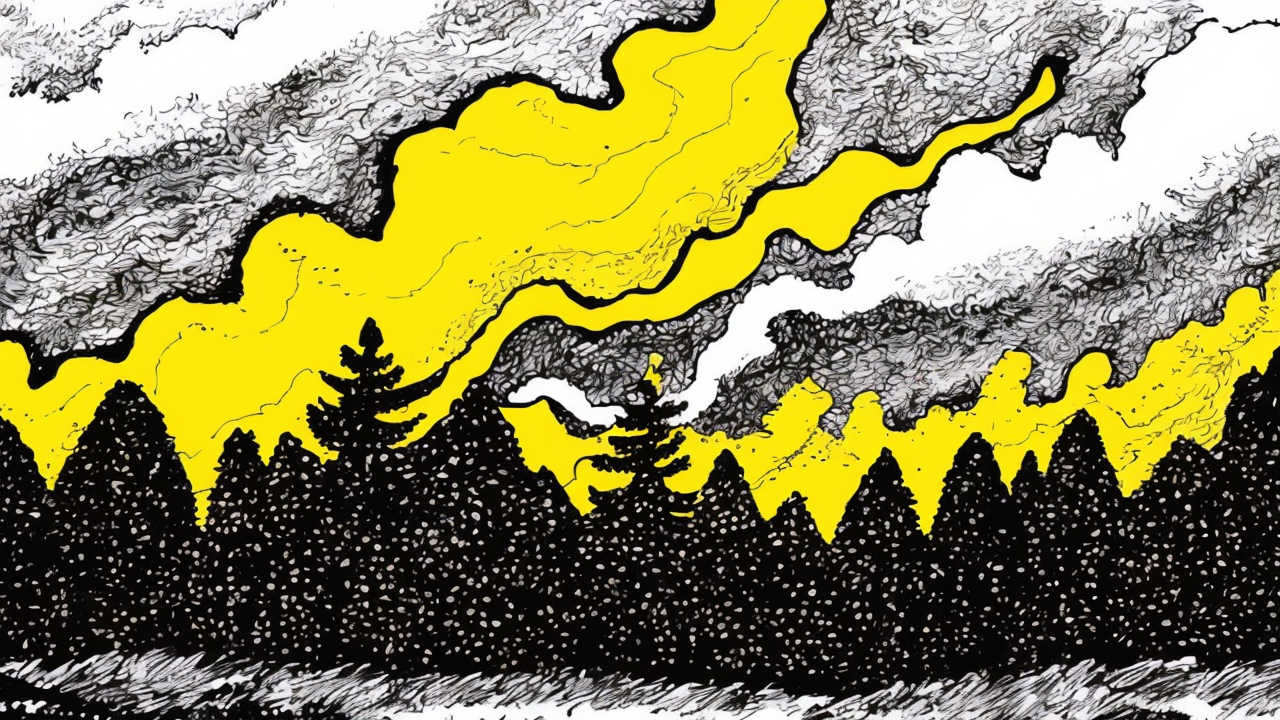Why Canada Struggles with Wildfire Control

Canada, the second-largest nation globally, faces recurring challenges in managing wildfires, with hundreds of fires raging uncontrollably during the summers of 2023 and 2024. These fires have not only devastated vast areas but also caused severe air quality issues across the United States. Despite its vast resources, Canada seems unable to contain these blazes effectively.
Critics argue that progressive policies and environmentalist actions may contribute to the problem. Logging, which removes potential fuel from forests, is often opposed by environmentalists. Additionally, some claim that abandoning traditional Indigenous fire stewardship techniques has exacerbated wildfire risks. However, these claims are met with skepticism, as logging logically reduces flammable materials, and the efficacy of Indigenous fire management remains debated.
Climate change is frequently cited as a driver of more intense wildfires, with scientists asserting that human-caused climate change has significantly increased the likelihood and intensity of fire-prone conditions. Yet, studies like those by Bjorn Lomborg suggest that the global area burned annually has actually decreased since 2001, contradicting the narrative of ever-rising wildfire activity due to climate change.
Compounding the issue, some suspect that deliberate arson may be used to further climate change agendas, diverting attention from practical solutions. As the smoke from Canadian wildfires continues to affect millions, including those with respiratory conditions like asthma, the need for a balanced, evidence-based approach to wildfire management becomes increasingly urgent. The complexity of the issue demands a focus on truth and comprehensive strategies to address both natural and human-driven factors.
Published: 5/31/2025
















